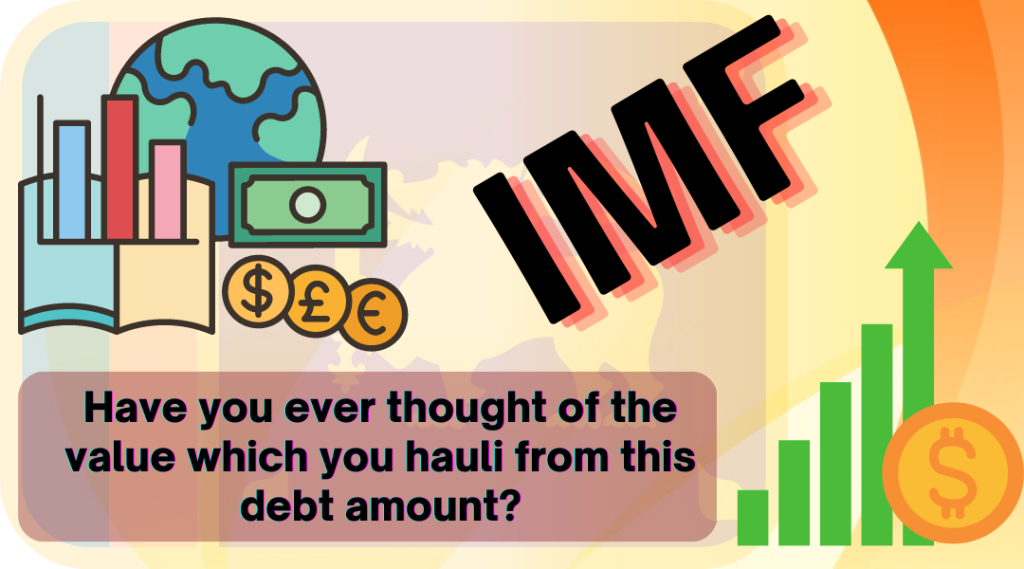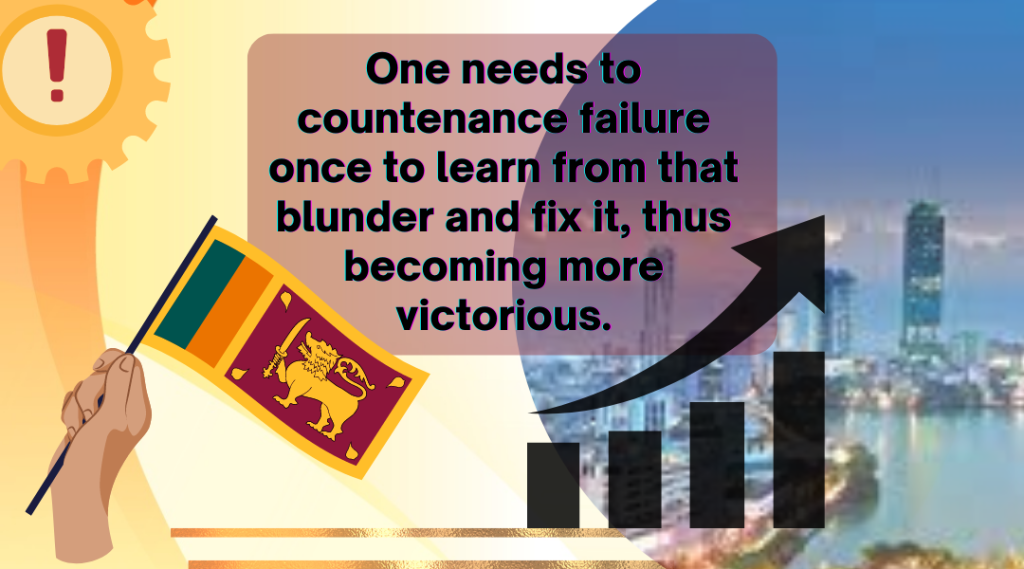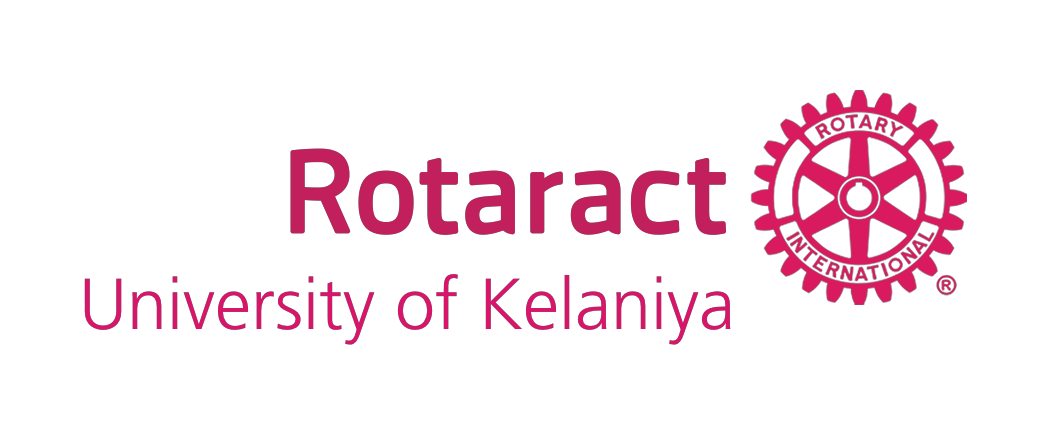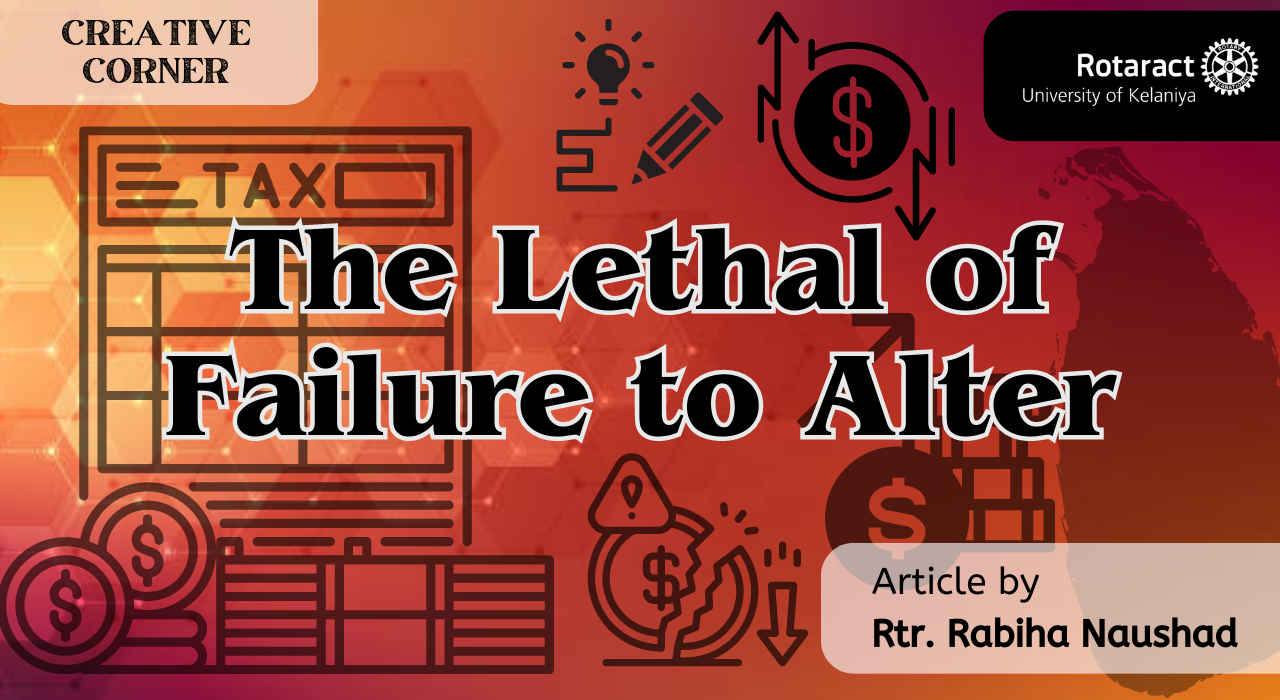Sri Lanka the Pearl of the Indian Ocean. The one of the most sustainable countries in Sri Lanka before sovereignty. Today Sri Lanka is an insolvent nation. Justifications can be tipped down from one to infinity of numbers. Nonetheless, have you ever suppose what is transpiring onward independence?
Dependency, as a congregation of Ceylon we all have been customary to be dependent. We don’t desire to take risks. All we anticipate is a white-collar job, precise the job should be put forward by the regime. The reliance over 75 years still we are taking steps to endorse. Our dependency is fatal. It puts together all of us to take control of ourselves.
We, the people, are fingering our different parties as the reason for today’s situation. Without any part of the contribution from our end. The dependency always ties us around a circle that doesn’t have a point or end.

And the trendiest topic of Sri Lanka IMF. The most recent loan from IMF was approved by IMF executives, around US 3 billion dollars for new extended fund facility (EFF) arrangements for Sri Lanka on March 20, 2023. A loan was approved. Since Sri Lanka had taken 16 loans from the IMF, with a total value of 3,586,000,000 stars. So then as genuine citizens should commemorate this because we have been trapped again and again in debt. And the festivity was done. But have you ever thought of the value which you hauling from this debt amount? The dependency ties us to the boundaries. It’s our responsibility to pay back the debt adhering to the criteria.
Precise higher taxes with lower government spending increases the purchasing power in a higher ratio. Since we have a higher digital inflation rate it is really hard to survive. For example, in the Asian crisis of 1997, many countries such as Indonesia, Malaysia, and Thailand were required by IMF to pursue tight monetary policy (higher interest rates) and tight fiscal policies to reduce the budget deficit and strengthen exchange rates. However, these policies caused a minor slowdown to turn into a serious recession with very high levels of unemployment. Things take time. All we should adopt to changes. But the bailing out of countries with large debt creates a moral hazard. Because of the possibility of getting bailed out, encourages countries to borrow more. Also, there is a major criticism of the IMF, they allow failing firms to go bankrupt. Instead of boosting them.

The final fantasy is we all need to change accordingly. Survival is going to be too hard even for white-collar job holders. Taking a risk at this point is necessary for personal development as well as for the development of our nation.
Bangladesh has been trapped in a crisis over the years. But today Bangladesh has a strong track record of growth and development. A robust demographic dividend, strong ready-made garment (RMG) exports, resilient remittance inflows, and stable macroeconomic conditions have supported rapid economic growth over the past two decades. A strong recovery from the COVID-19 pandemic continued in FY22, although a recent surge in commode prices has illustrated new headwinds. Bangladesh is also a remarkable story of poverty reduction and development. From being one of the poorest nations at birth in 1971, Bangladesh reached lowered-middle income status in 2015. It is on track to graduate from the UN’s Least Developed Countries (LDC) list in 2026. variety declined from 43.5 percent in 1991 to 14.3 percent in 2016, based on the international poverty line of $1.90 a day. Moreover, human development outcomes improved along many dimensions.
Being not competent to adapt is the heftiest letdown. Failure stands when someone does not accomplish one’s goal and plunges into a bad consequence, however, failure is the key to success. One needs to countenance failure once to learn from that blunder and fix it, thus becoming more victorious. The quicker one changes, the less fatal it will evolve.



